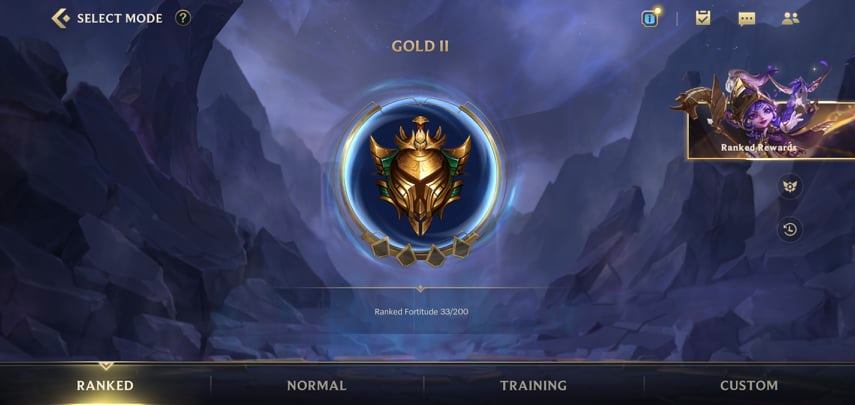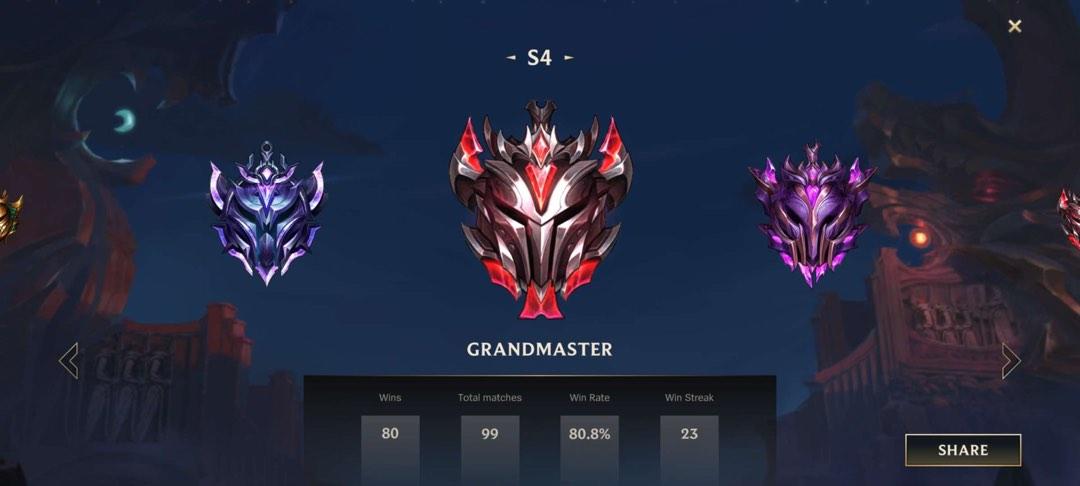Wild Rift is not just a game; it’s a complex ecosystem where player interactions, balance, and matchmaking play pivotal roles. One element that has been significantly altering this ecosystem is Wild Rift boost, a practice where highly skilled players assist others in climbing the ranks. In this blog, we will delve into the profound impact that boosting has on the game’s broader ecosystem, focusing on its influence on matchmaking and player behavior.
Matchmaking Disparities Because of Wild Rift Boost
One of the most noticeable impacts of boosting is the disruption it brings to matchmaking. Matchmaking in Wild Rift is designed to create fair and balanced matches where players of similar skill levels are pitted against each other. However, boosting can lead to the following disparities:
Skill Discrepancies: Boosted accounts are often matched against players who are genuinely at a lower skill level. This can result in one-sided matches. Where the boosted player dominates, leaving the opposing team frustrated and demoralized.
Inconsistent Ranks: Boosted players can create inconsistencies in ranked matches. When a player’s rank doesn’t accurately reflect their skill. It can lead to confusion and dissatisfaction among both teammates and opponents.
Elo Inflation: Boosting can lead to an overall inflation of Elo (MMR) in the game’s ranking system. This can make it challenging for players who genuinely belong to a particular rank to climb, as they may face boosted accounts with inflated MMR.

Player Behavior and Attitudes
Wild Rift boost doesn’t just affect matchmaking; it also has a significant impact on player behavior and attitudes within the game:
Toxicity: The presence of boosted players in matches can lead to increased toxicity. Players may become frustrated when they perceive their boosted teammate as not contributing to the team or making mistakes that are unexpected for their rank.
Blame Game: Boosted players may find themselves the target of blame when things go wrong in a match, regardless of whether the blame is justified. This can create a hostile in-game environment and discourage teamwork.
Distrust: Boosted players often face distrust from their teammates, who may assume they don’t belong to their current rank. This distrust can affect team morale and cohesion.
Lowered Enjoyment: Both boosted and non-boosted players may experience a decreased level of enjoyment in matches affected by boosting. The lack of balanced competition can make games less exciting and fulfilling.
Boosting undeniably has a substantial impact on the game’s ecosystem, affecting matchmaking accuracy, player behavior, and the overall enjoyment of matches. While boosting can provide a shortcut to higher ranks for some players, it often comes at the expense of the gaming experience for others. Addressing the issues caused by boosting is a complex challenge that requires a balance between player autonomy and maintaining a fair and enjoyable competitive environment. Riot Games, the developer of Wild Rift, continues to work on refining its systems to mitigate the negative impacts of boosting, aiming for a more equitable and satisfying gaming experience for all players.
